Top 10 Causes of World War II:- World War II also familiar as the Second World War, was an international war that continued from 1939 to 1945, although affiliated disputes began earlier. It involved the wide margin of the world’s nations, counting all of the extraordinary powers finally creating two rival military unions: the Allies and the Axis. It was the most elongated war in history, and instantly counted more than 100 million people from over 30 countries.
You might be wondering of following Questions about World War 2
Why has World War 2 happened?
Who was the behind World War 2?
During World War 2 casualties?
Beginning and ending of World War II and the reasons of?
Everything you gonna get here about World war 2, keep reading this.
In a position of “total war”, the main contributors put all their economic, industrial, and scientific potentials behind the war attempts, wiping out the dissimilarities between civilian and armed resources. Spotted by mass deaths of ordinary citizens, involving the Holocaust and the strategic bombing of manufacturing and population centers, it resulted in roughly 50 million to 85 million casualties. These made WWII the most death-dealing conflict in the history of mankind.
Some say it was simply a continuation of the First World War that had theoretically ended in 1918. Others point to 1931 when Japan seized Manchuria from China. Italy’s takeover and triumph over Abyssinia in 1935, Adolf Hitler’s re-militarization of Germany’s Rhineland in 1936, the Spanish Civil War and Germany’s capture of Czechoslovakia in 1938 are sometimes quoted. The two dates most frequently stated as “the beginning of World War II” are July 7, 1937, when the “Marco Polo Bridge Incident” guided to a lengthy fight between Japan and China, and September 1, 1939, when Germany conquered Poland, which resulted in Britain and France to proclaim war on Hitler’s Nazi state in revenge. Since the seizure of Poland until the war ended with Japan’s defer in August 1945, multiple countries were at war with each other, some opposing for the eventually triumphant Allies, some for the Axis.
The fallout of World War II was the rise of a new era. It was interpreted by the reduction of the old great powers and the rise of two superpowers: the Soviet Union (USSR) and the United States of America (US), establishing a bipolar world.
The Second World War was the most extensive and life-threatening war in history, including more than 30 countries and causing more than 50 million military and civilian deaths. Flickered by Adolf Hitler’s occupation of Poland in 1939, the war would trail on for six deadly years until the last Allied defeat of both Nazi Germany and Japan in 1945.
The World War II is still affecting many actions and operations regarding political affairs at the international level. Following are the major reasons of World War II that were both long term and short term. These causes turned the whole world in a whole new way, leading to various circumstances and consequences. check this out.
Treaty of Versailles
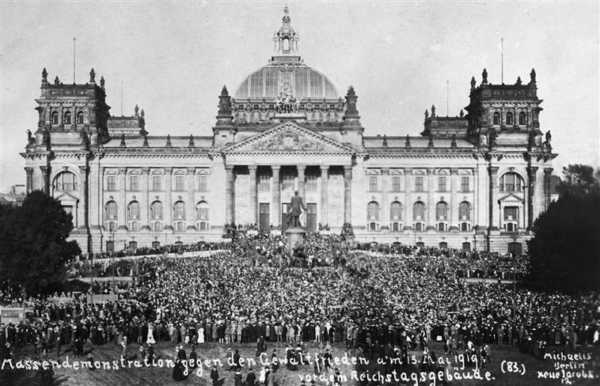
The Treaty of Versailles was one of the peace agreements at the finale of World War I. It terminated the state of war between Germany and the Allied Powers. It was attested on 28 June 1919, exactly five years after the murder of Archduke Franz Ferdinand. The treaty punished Germany and left bitter feelings.
Rise of Adolf Hitler and the Nazi Party
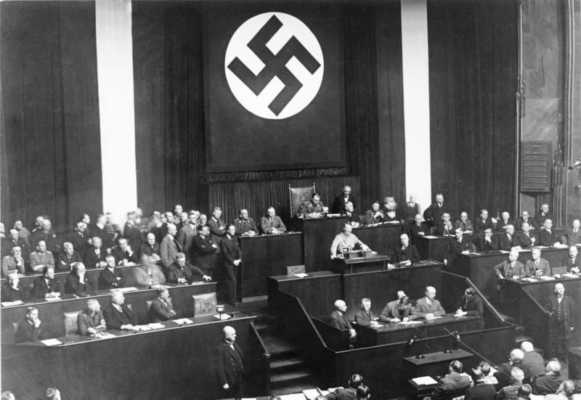
Hitler and the Nazis acquired control on 30th January 1933. By March that year, Hitler had total power over the nation. Nazis transformed from a small unimportant party into the party that won entire domination to alter the look of German politics and society.
Great Depression
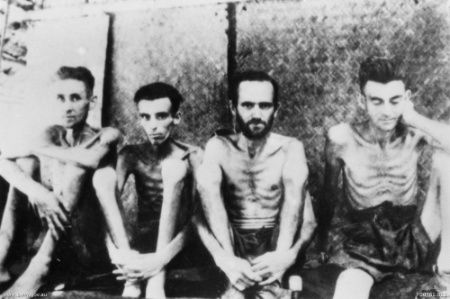
In Germany, depression, unemployment and hard times led to a dramatic increase in votes for Hitler and the Nazi Party. In many countries, the negative effects of the Great Depression lasted until the beginning of World War II like Australia, Canada, Chile, China, France, Germany, Great Britain, Greece and many more.
Failure of Appeasement
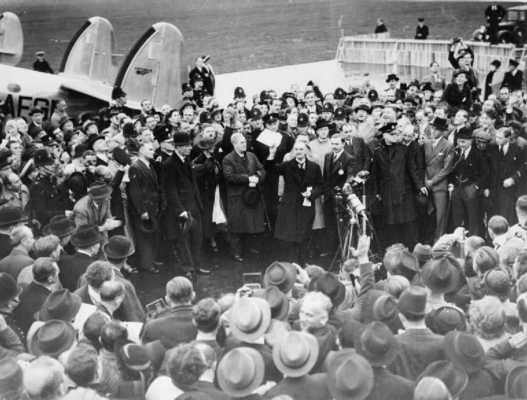
Considered as the road to the World War II, this appeasement failed to stop Adolf Hitler. In the beginning years of World War II, Britain and France underrated just how focused and regulated Adolf Hitler was in his passion for mastery. The collapse of Neville Chamberlain’s strategy of appeasement meant war was assured.
Japanese expansionism
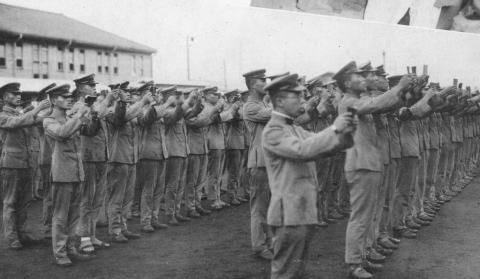
In 1931, Japan occupied Manchuria for raw materials. The same year, Japan initiated to thrash China with unreduced battle smashing out in 1937 during the Sino-Japanese war. In 1938, war broke out Japan and the Soviet Union in what was called as the Soviet-Japanese border wars.
Rise of Italian fascism
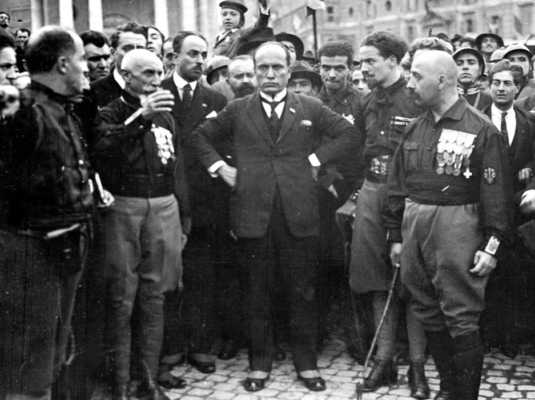
Both Adolf Hitler in Germany and Benito Mussolini in Italy had confidence in the political system called fascism. In a fascist government system, entire authority is assigned to a dictator. Independent rights such as freedom of speech, freedom of religion, and freedom of the press were opposed. The country and its power are what counts, not the life of the person.
Anti-communism
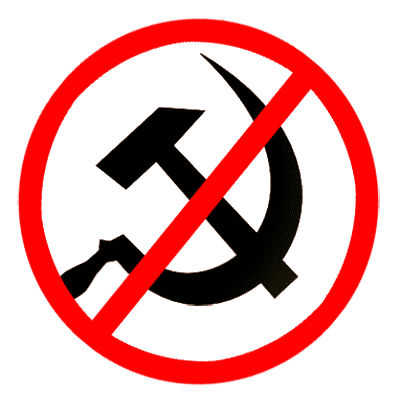
Under communism, all ways of construction are ruled by the government, as are property, the media and all other features of society. The 1930s saw the growth of many authoritarian reigns, but most people preferred fascism to communism. Hitler utilized people’s fright of a communist takeover in Germany to gain power in 1933.
Militarism
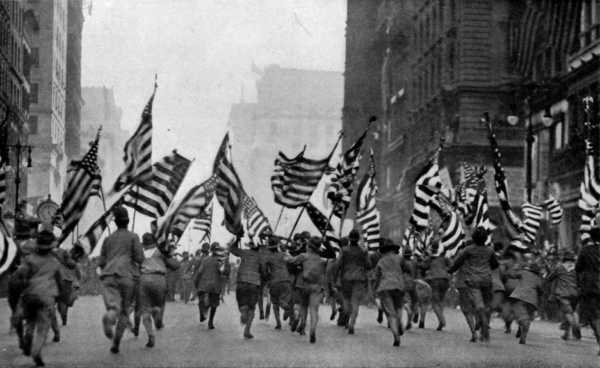
The glorification of war, in which a nation nourishes it’s armed and stockpile weapons in an arrangement for war. A significant fact of militarism that the glorification of war is absorbed into all measures of society, counting education of the country’s youth. Militaristic communities have lived around human history.
Nationalism
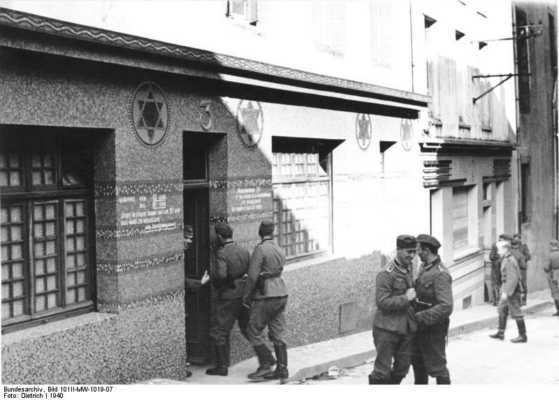
Nationalism is the opinion in the supremacy of one’s own country over all others. In the extreme, it can result in crucial disputes between nations. Hitler, Mussolini, and Japan’s Tojo each commended their nation’s potential to control all others in the years leading up to WWII.
US isolationism
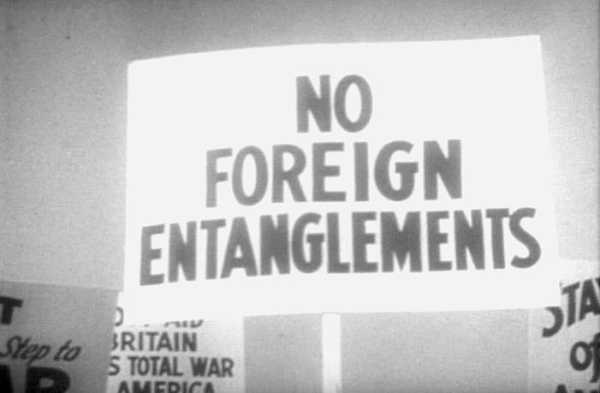
The defeat of safety and security efforts such as Kellogg-Briand Treaty during the 1920s disappointed many Americans about international engagement. The US was in a considerable gloom throughout the 1930s and was mostly considering its own problems. The dispute in Europe appeared distant and the US seek to stay neutral. This strategy exhausted the European democracies.
Source: Wikipedia

